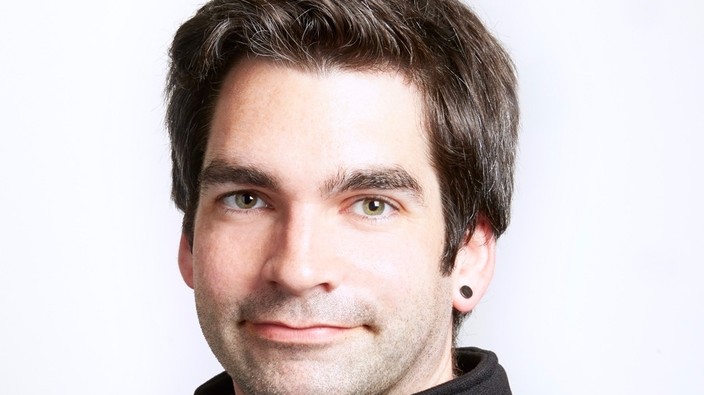imagine having a disease that can kill you.now imagine not being able to afford the drug that could keep you alive.munira premji knows this desperation. diagnosed with three cancers in eight years, the medication she needed were critical to her survival. they were also expensive. and with no insurance coverage other than her husband’s, which had a cap on how much could be spent on medication, premji was left to face the possibility that the treatments she needed to live were out of reach.premji was diagnosed with stage 3 multiple myleoma in february 2012, stage 4 non-hogkin lymphoma in march 2012 and stage 3
breast cancer in december 2015. for one drug used to treat lymphoma, mozobil, premji needed thousands of dollars to pay for three vials, at $12,000 per vial. that whopping $36,000 almost sent the premjis to the bank.“we were going to take out a line of credit,” she says.but the need for expensive drugs didn’t end there.the toronto-based author of
choosing hope, a book that chronicles her cancer experience, also needed neupogen, which stimulates red blood cells in anemic patients. it cost $200 for each injection and needed to be administered daily for weeks.
navigating the maze of dollars and drugs
the premjis were lucky enough to work with drug access navigators (dans) at toronto’s princess margaret hospital and north york general hospital, where munira was having treatment. the dans — specialists who help patients figure out how they can afford expensive treatments — came up with a creative mix of paying for the medications that shared the costs with compassionate care programs offered by the pharmaceutical companies who manufactured the treatments, ontario’s trillium drug program, and munira’s husband’s benefits plan.“what really helped us access these drugs were the patient navigators,” says premji. “the system is so complex – you don’t know where to start.”
one in five struggle to pay
premji is not the only canadian with a life-threatening illness that requires expensive medication. one in five canadians struggle to pay for their prescription medications, three million do not fill them because they don’t have the funds to do so, and one million canadians cut spending on food and heat to be able to afford their medicine.according to the
final report of the advisory council on the implementation of national pharmacare.take a moment to consider that today’s top selling brand name drugs
often cost thousands or even tens of thousands of dollars per year, with rare disease drugs ranging from $100,000 to more than $2 million per patient per year, often for life and it’s no surprise that canadians are struggling to meet the financial demands of managing their health. in fact, according to the report, the number of drugs on the market that cost more than $10,000 per year has more than tripled since 2006.enter alan birch, a toronto-based dan who founded
drug access canada, a website that provides information on accessing key drugs through government-funded programs or from pharmaceutical firms. while the site is accessible to patients, its focus is providing doctors and other medical professionals the resources they need to help their patients get the medicine they need.“there needed to be a place online where health professionals can find resources to better support their patients,” says birch.in his job as a dan, birch has seen many distressed patients who need expensive medications they can’t afford. but difficulty navigating the complicated maze of drug access is not isolated to patients. healthcare providers could use some help too.“if you’re an oncologist or nurse, you know there are dozens of programs and it’s difficult to keep track [of what kind of help is available],” he says.through drug access canada — which lists hundreds of programs, currently focusing on oncology,
multiple sclerosis, rheumatoid arthritis, rare diseases, cystic fibrosis and hepatitis — doctors can instantly tell patients whether or not they are eligible for the medication they need, and what programs are in place to lend financial support. birch says there continues to be “a lot of misinformation” when it comes to determining which drugs are approved. in fact, he says many patients are mistakenly told that they are ineligible for the medication they need.adding to the confusion is the fact that patients also often have to apply for different coverage at different times during their illness, switching between private and public plans, says birch, pointing out that for older patients, or those who are not health-literate, navigating the ever-changing healthcare system can be “overwhelming.” says.premji agrees. as someone needing multiple drugs, many of which aren’t covered by a public plan, she says that understanding the criteria for coverage — for example, some drugs that treat the same cancer are only covered if used for specific stages — is “not possible for a layperson.”drug access canada aims to clear up the confusion and improve the patient experience by not only helping them to understand the process of drug coverage, but also getting treatments to them faster so they can focus on getting better, instead of worrying about money.eight years on, premji is still taking a number of medications to manage her cancers, all currently covered, thanks to the help she was able to get from her treating hospital’s dans.“they saved my life,” she says.
if you or someone you care about is struggling with expensive drug costs, consult your doctor about being connected with a drug access navigator where you receive care. drug access canada can be reached here.don’t miss the latest on covid-19, reopening and life. subscribe to healthing’s newsletter covid life for daily updates on the top 世界杯决赛2022 and the healthing weekender delivered to your inbox on saturday.

 4 minute read
4 minute read
